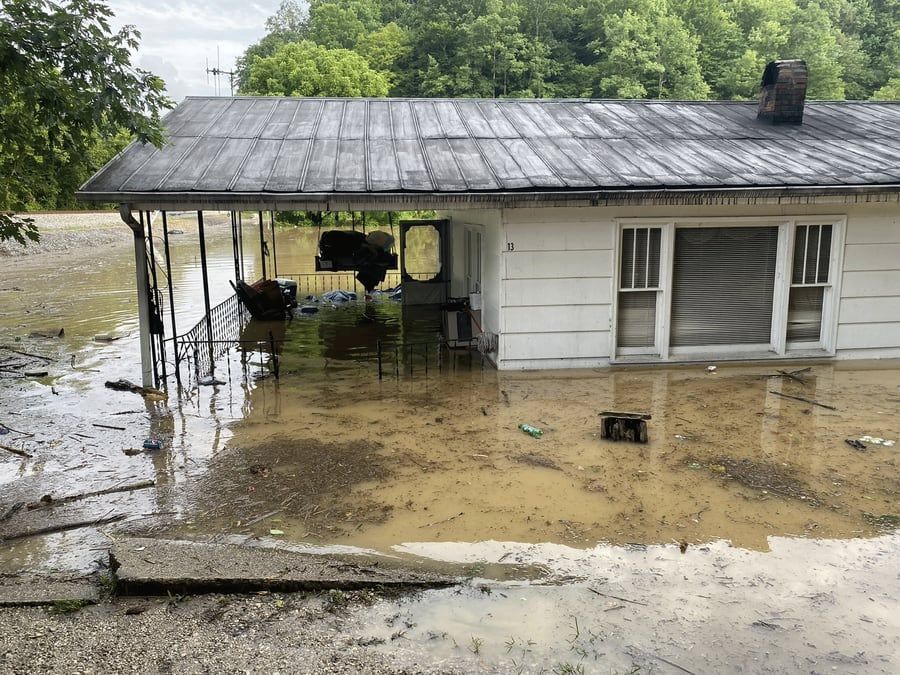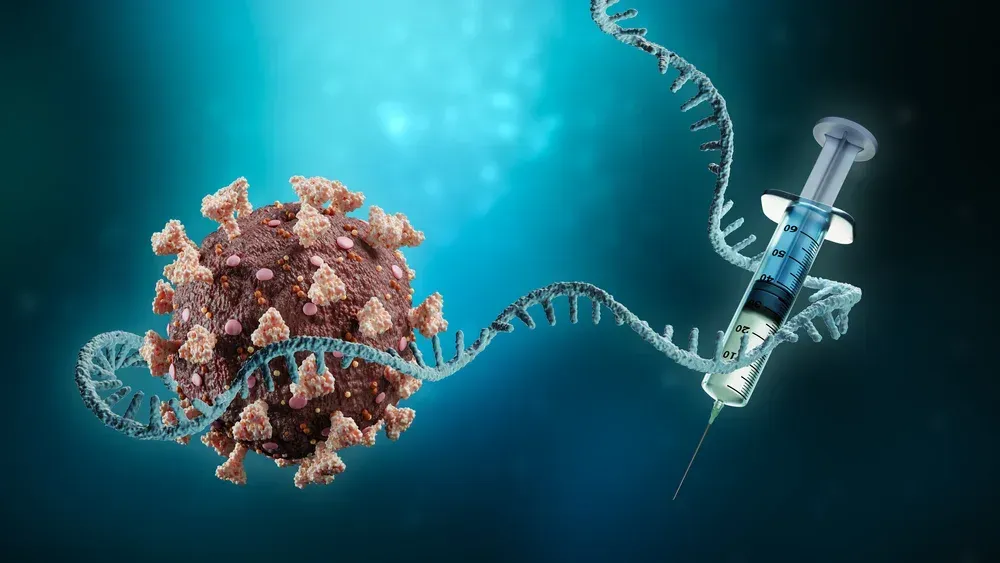Cancer Discovery
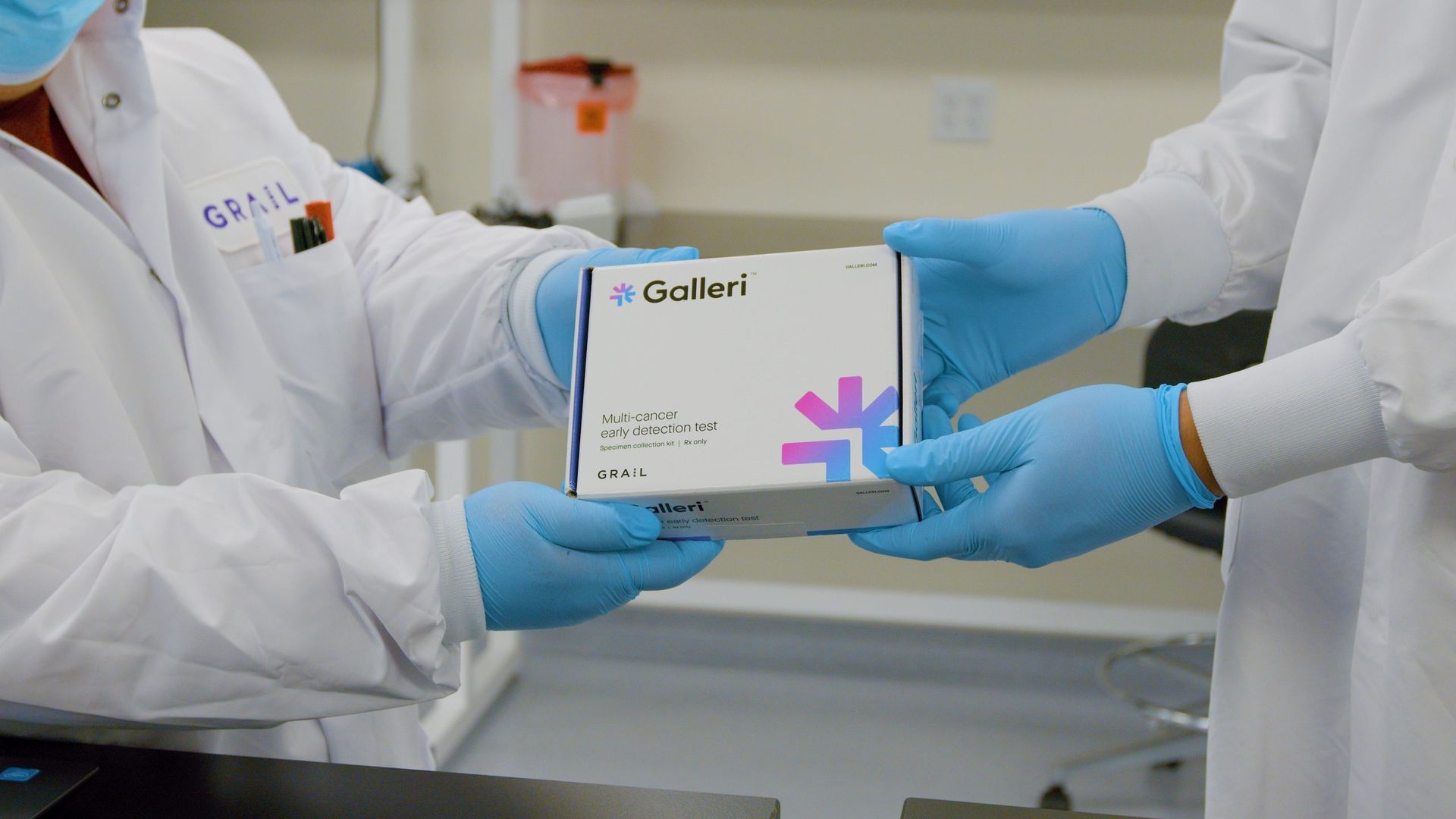
Real-world performance data and trial results in symptomatic individuals continue to validate the promise of screening for multiple cancers with a single blood draw. However, some worry about the performance of GRAIL's commercially available multicancer early detection test in certain high-risk groups that were not the focus of early clinical development efforts.
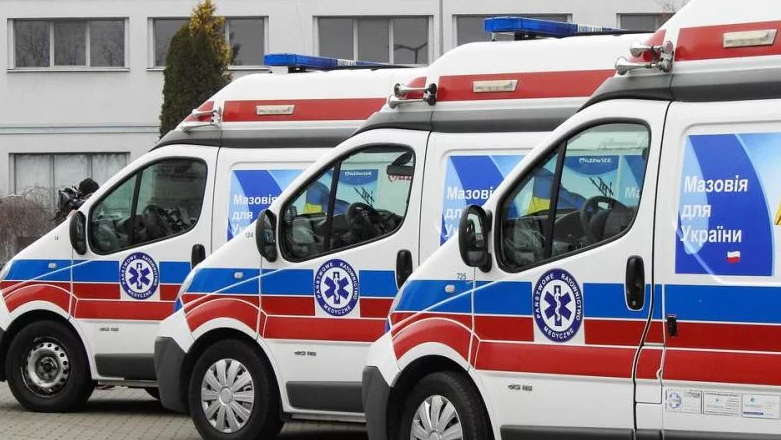
The war in Ukraine is disrupting routine patient care, clinical trials, and basic cancer research—with potentially dire consequences. Physicians and researchers are helping patients as best they can, but cancer mortality is expected to rise in the country, and the impact on research could slow medical progress.
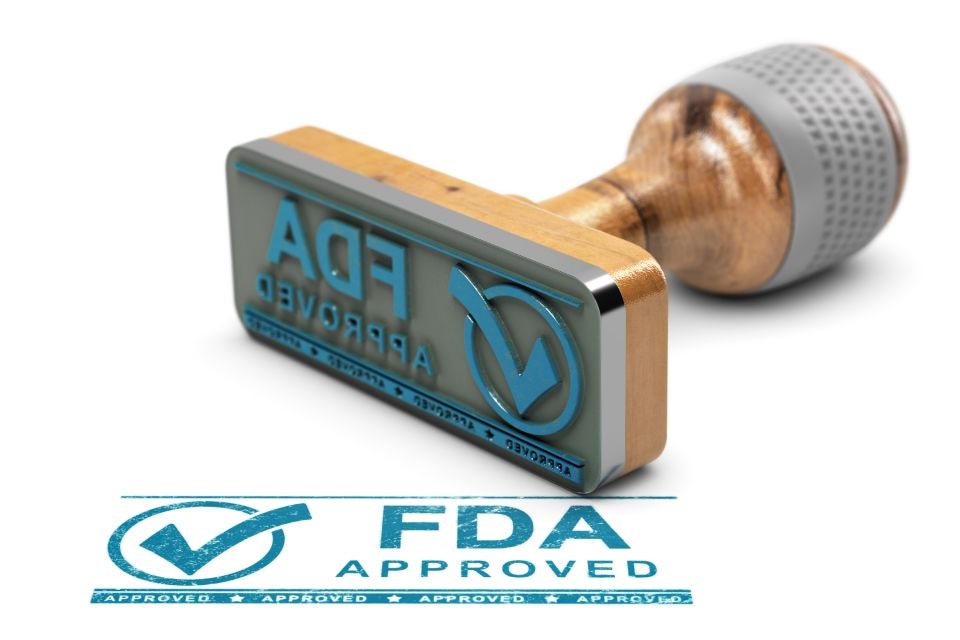
The FDA's Accelerated Approval program is under scrutiny after four drug companies announced plans in recent months to withdraw indications for checkpoint inhibitors that, despite showing early promise, failed to demonstrate a survival benefit in confirmatory trials. The agency's Oncologic Drugs Advisory Committee will meet in late April to discuss whether six more indications for some of these same immunotherapies should be nullified as well.
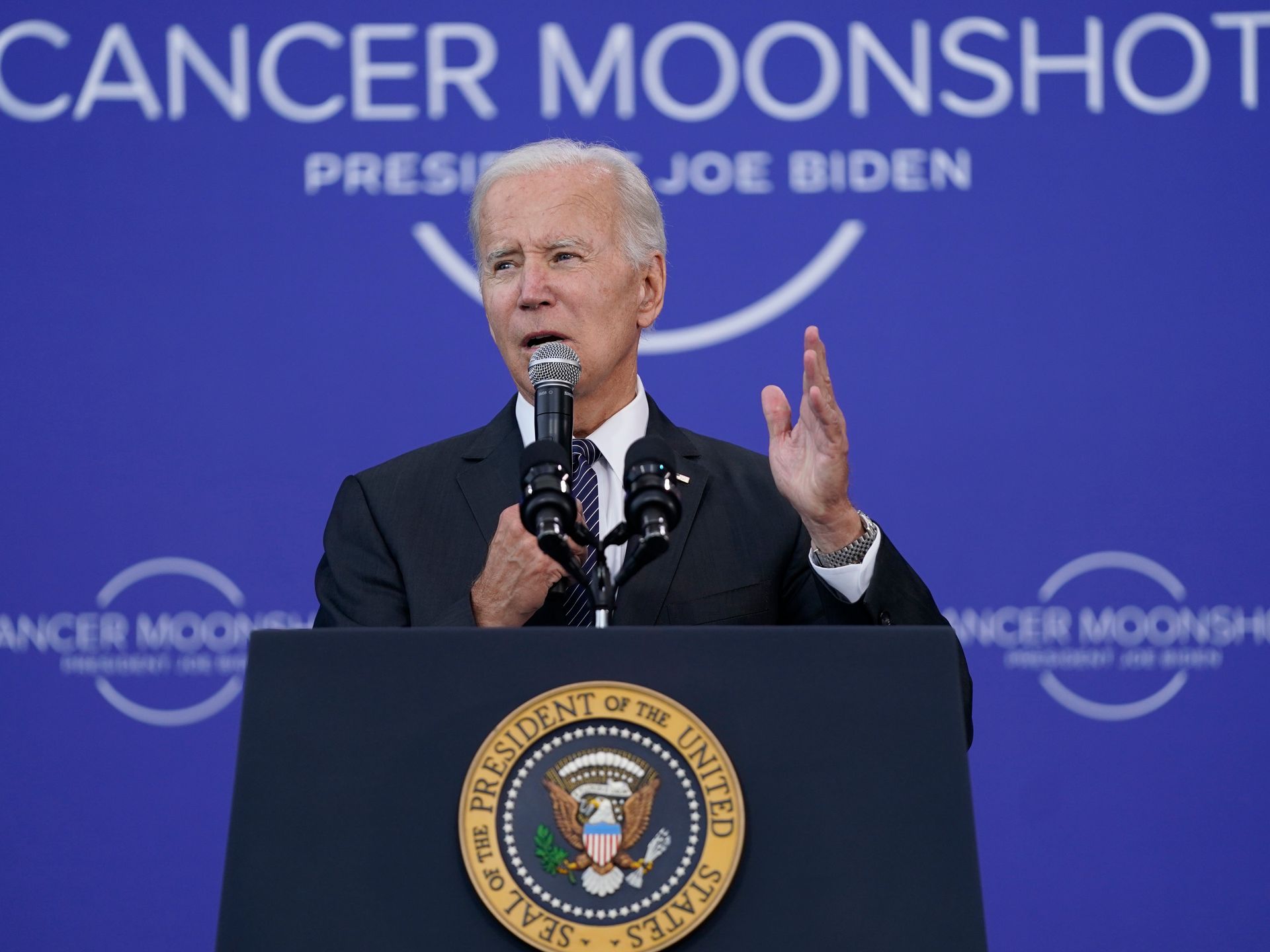
As vice president, Joe Biden was the cancer advocate-in-chief. As president, he has a different public health crisis to deal with—COVID-19—but given Biden's passion for cancer research, many expect he will build on the previous Moonshot initiative with another push to accelerate the pace of progress in cancer control.

Multiple companies are pursuing mRNA-based medicines that harness the body's protein-making machinery to transform lab-synthesized nucleotides into cancer-associated antigens, in the case of vaccines, or immune-stimulating molecules, in the case of therapeutics. Several candidates from BioNTech and Moderna have shown promise in early-stage testing.


